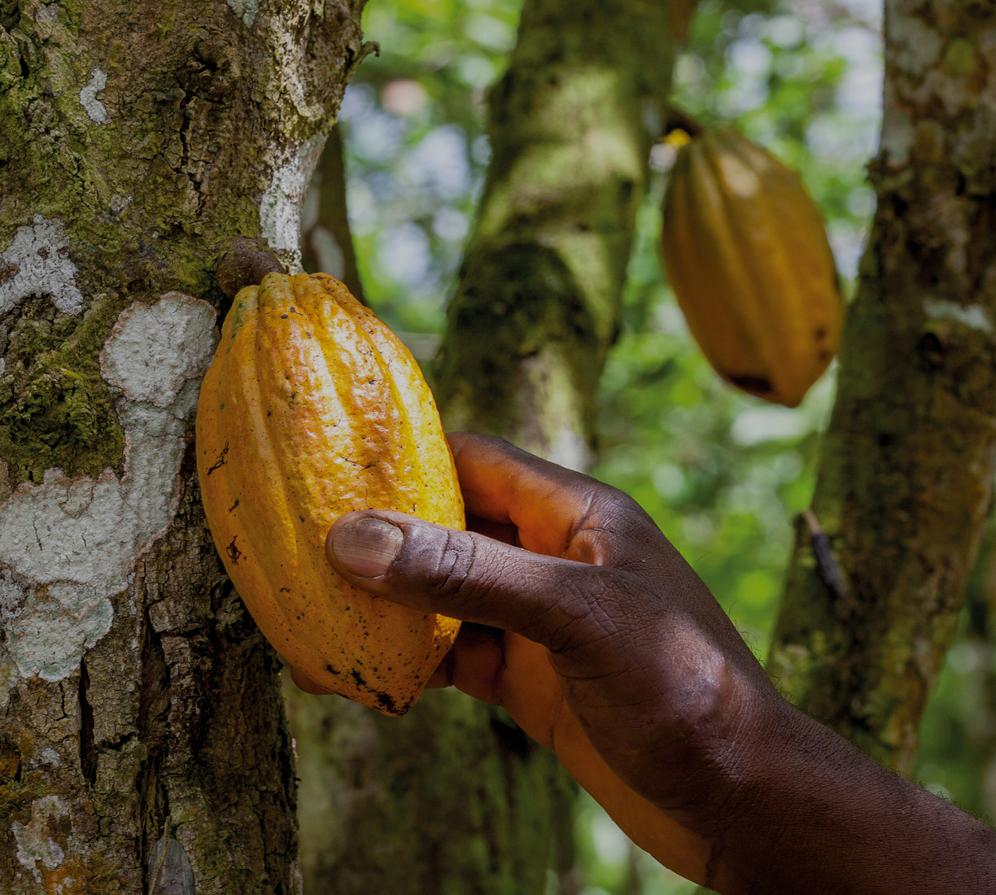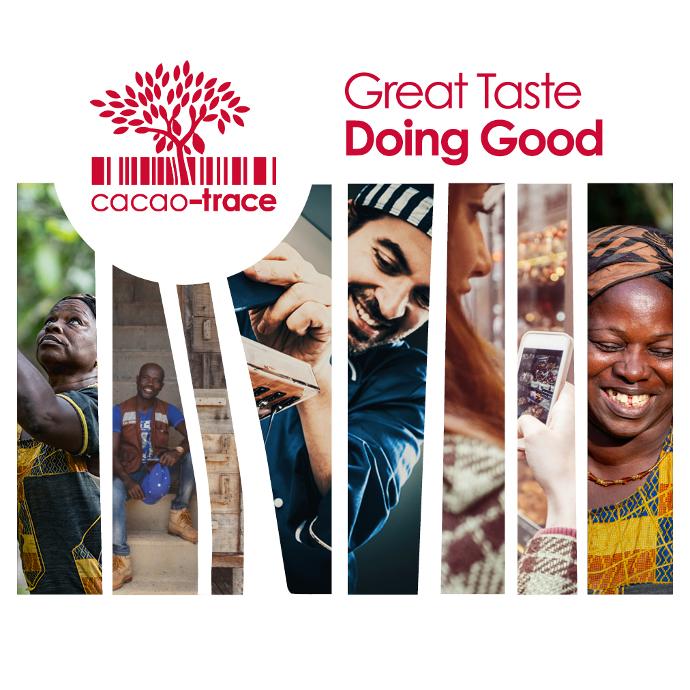In recent times, chocolate lovers and business have been met with unwelcoming news: the cost of their cacao is on the rise. But why is this happening? This highly goes back to the global environmental and social factors leading to cacao scarcity. But what matters is meeting them with the right solutions, Cacao-Trace is our solution. Let's have a closer look at these factors and solutions to understand the exponential price change.
Why are Cacao prices tremendously increasing?
Climate Challenges: El Nino Phenomena
One significant factor contributing to the hike in chocolate prices is the volatility in cocoa production, primarily attributed to climate change. Over the past year, the cost of this key ingredient has doubled, primarily due to weather-related challenges. According to BBC News, traders are apprehensive about another short production year, exacerbated by the El Niño phenomenon threatening West Africa's cocoa crops with hot and dry weather.
Unfortunately, cacao is highly susceptible to weather changes, especially warmer temperatures. Hotter and drier weather not only affects cocoa yields but increases the risk of diseases, leading to poor harvests and long-term damage to farming lands. This majorly contributes to the rising prices of chocolate, here’s a comparison between the latest 2023 and 2024 global prices of a ton of chocolate:
Price of a chocolate ton in 2023
5,115 pounds per ton
Price of a chocolate ton in April 2024 approximately
greater than:
10,000 pounds per ton
In addition to cacao, extended periods of extreme dry weather in regions like India, a major sugar producer, have further driven up sugar prices, adding to the overall cost of chocolate production.

How can you help slow down the issue?
Cacao-Trace Program by BELCOLADE: A Sustainable Solution
Amidst these challenges, initiatives like Cacao-Trace program initiated by Belcolade stand out as a solution for both: cocoa farmers and worldwide cacao supply. Led by Belcolade, Cacao-Trace addresses the need for a more sustainable and transparent cocoa supply chain.
At its core, Cacao-Trace empowers cocoa farmers by ensuring they receive a fair living income. The higher the income, the greater the motivation to work in farming and get a better education. A skilled farmer means a better fermentation process, which guarantees high-quality cocoa beans, resulting in superior tasting chocolate products. This not only enhances the livelihoods of cocoa farmers but also ensures the long-term sustainability of cocoa production.

Environmental Impact and Waste Management
Belcolade’s Cacao-Trace goes beyond economic benefits, also prioritizing environmental sustainability. Through initiatives like agroforestry projects, combining cocoa cultivation with the planting of trees and fruits, the program promotes biodiversity and soil conservation. By implementing best practices, Cacao-Trace reduces the environmental footprint of cocoa production while enhancing the resilience of farming ecosystems.
In fact, waste management plays a crucial role in our Cacao-Trace's sustainability efforts. By supporting the program, consumers contribute to reducing poverty levels among cocoa farmers while minimizing waste in the chocolate supply chain. Chocolate manufacturers like Belcolade, have adopted recycling programs to repurpose byproducts like cocoa shells, further reducing environmental impact and promoting circularity.

On a final note...
In conclusion, the rising cost of chocolate is a symptom of deeper challenges within the cocoa industry. Through sustainable initiatives like Cacao-Trace, led by Belcolade, we can address these challenges head-on, ensuring a brighter, more sustainable future for both cocoa farmers and chocolate lovers alike. Subscribe to our newsletter to receive our updates!